Why Apple Will Be Late to Foldable Phones (and Still Win)
Several phone makers are rushing to produce foldable phones. Could Apple be one of them?
It looks like the display industry's equivalent of the personal jetpack or flying car may actually be traveling from the future into the present. The flexible OLED display, long demoed but never sold, is coming to TVs (from LG) and smartphones (from Samsung, among others). In a smartphone market that has consistently gone ape for larger and larger displays, phones that double in size once they've left your pocket could be game changers.
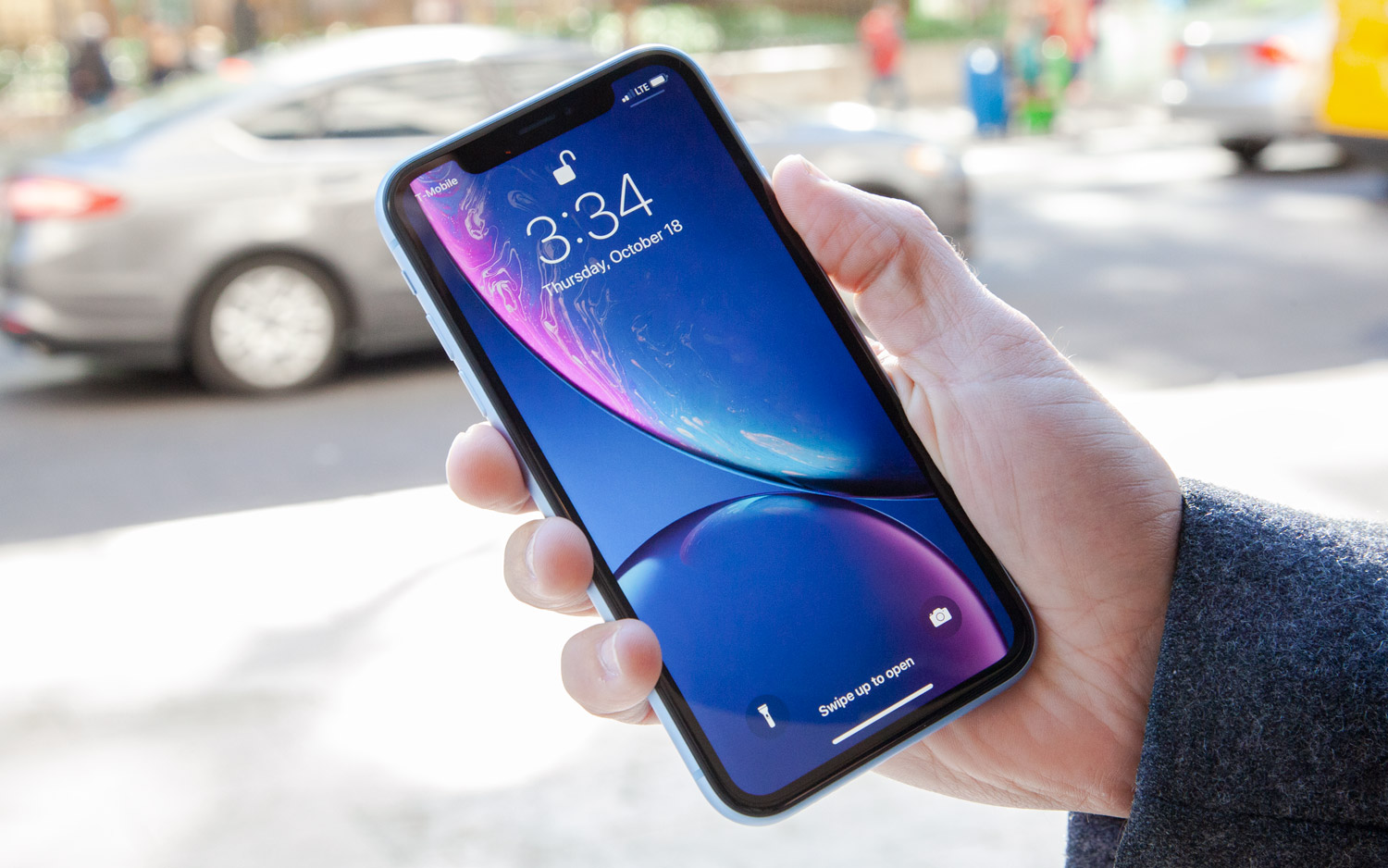
Or not. Until these devices exist, we won't know if consumers are clamoring for phones that can expand to become miniature tablets. But it's not a bad bet.
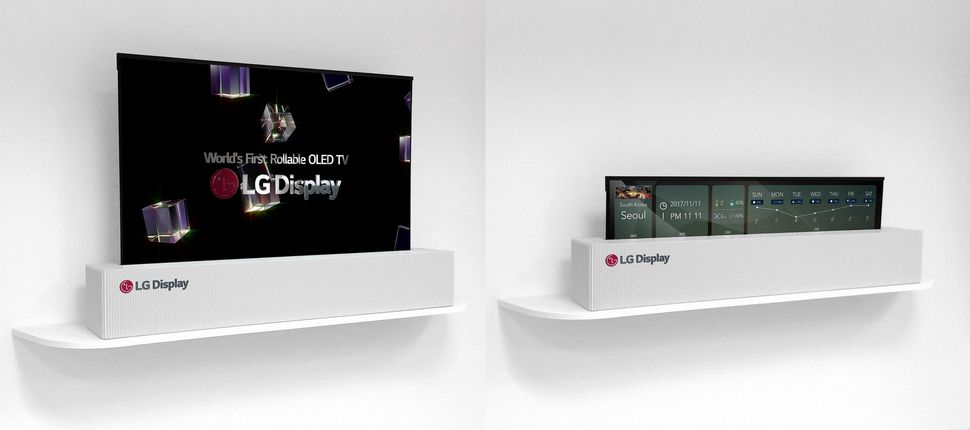
Samsung has been the center of attention in the foldable smartphone discussion, with its rumored Galaxy F, but there could be another major player, one rarely discussed in this arena: Apple. Would Apple consider releasing an iPhone with a foldable display? And if so, under what conditions?
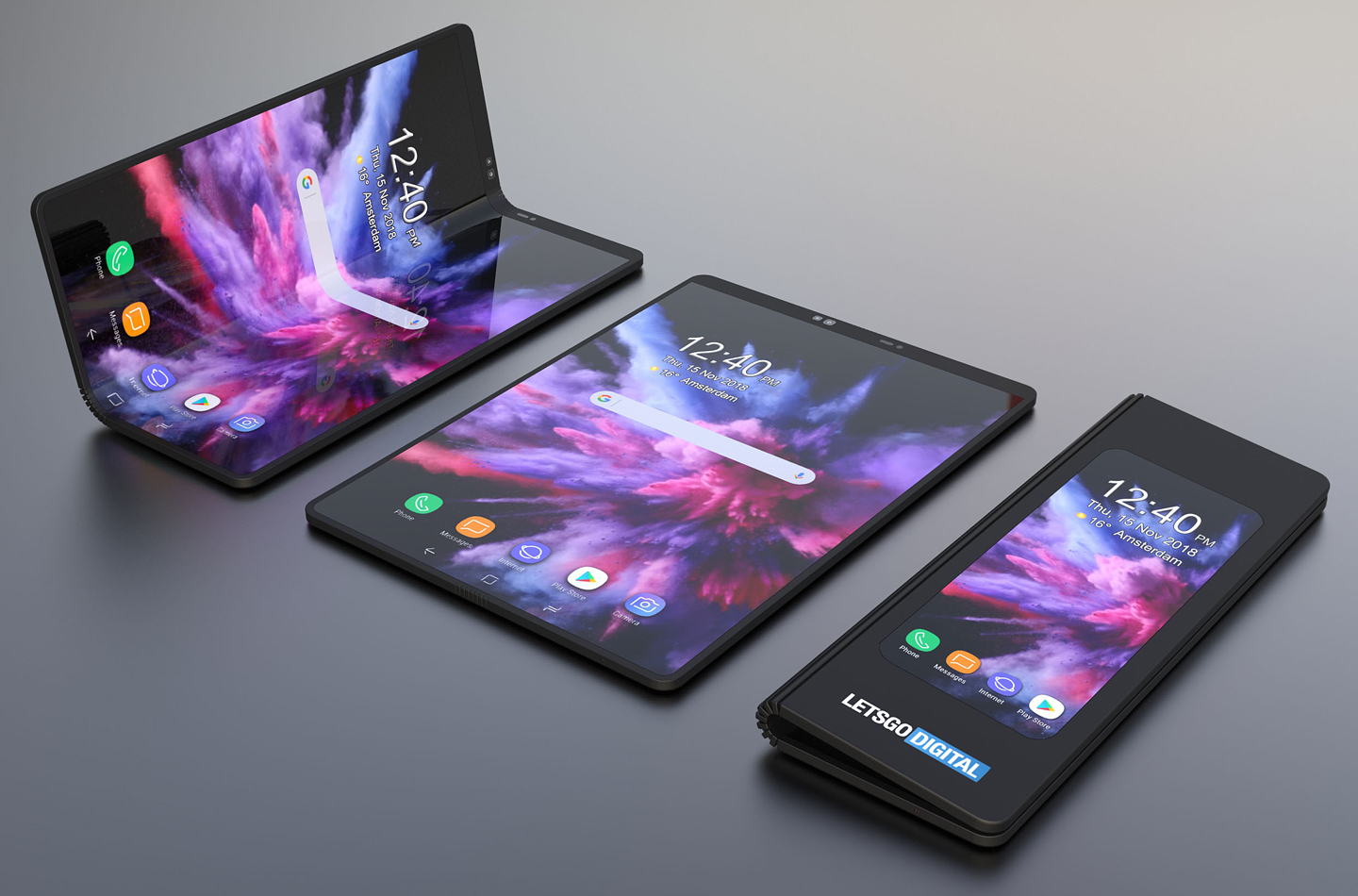
Not afraid to be late
One thing worth knowing about Apple: It's not afraid to be late to a new technology. One of the hallmarks of the company after Steve Jobs returned in 1997 has been a conservative approach to many new technologies. This is largely because the company's decision-making process for integrating new tech into its products differs from that of many of its competitors. Apple has always been less concerned with fighting a spec-sheet battle, because its software helps differentiate its products.
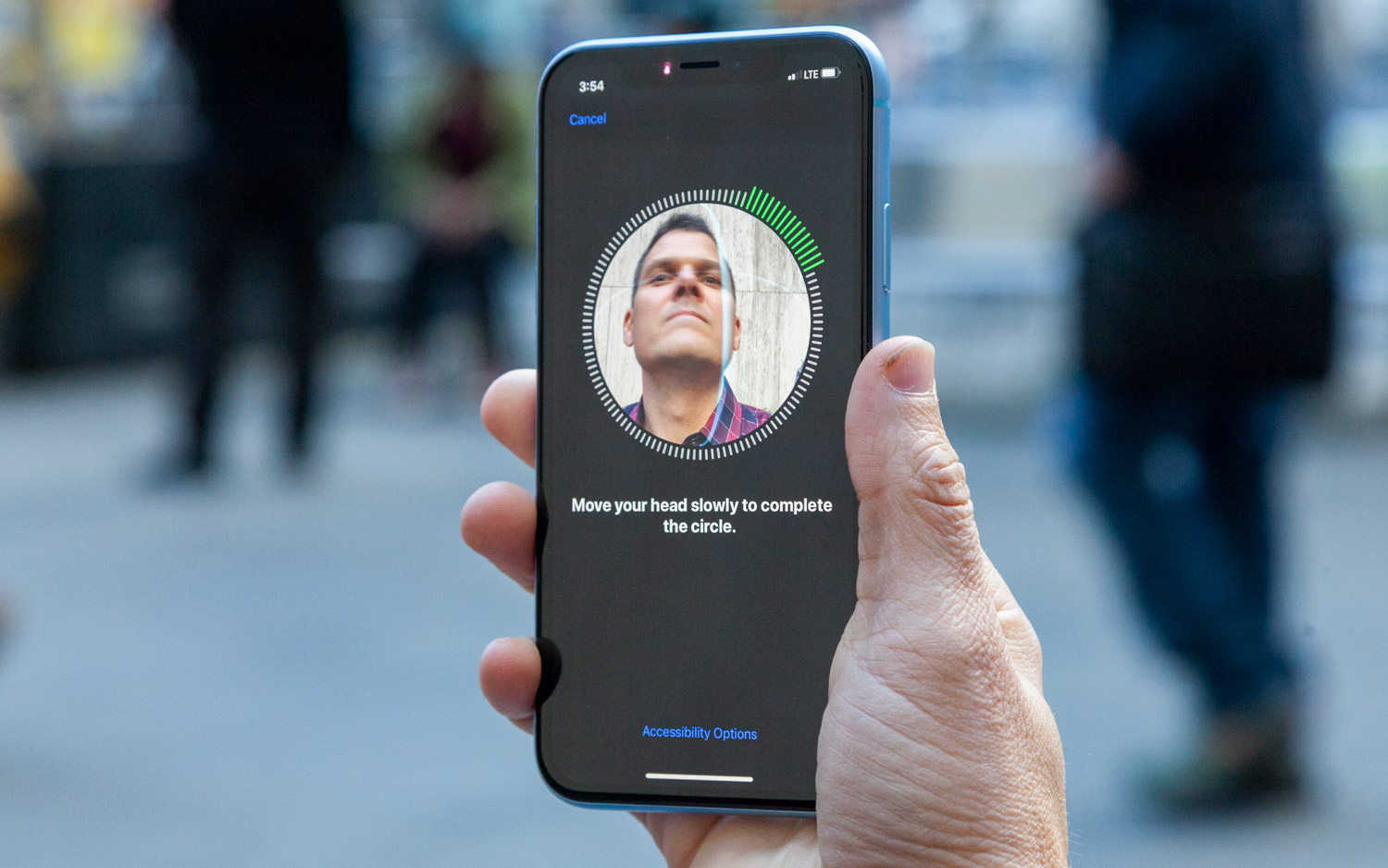
The makers of Windows PCs and, now, Android phones, don't have that luxury — and so, if a new technology arrives, they're forced to integrate it or be perceived as falling behind. Sometimes, those new technologies are good. Sometimes, they're impractical, hard to use or a waste of money.
Apple feels less pressure to integrate new tech before it's ready for prime time, and the company can add some special software sauce to upgrade the experience.
Apple will sometimes invent new tech and bring it to market before anyone, but for the most part, the company is the master of timing. It waits as its competitors fuss with buggy and limited, early-stage tech and then springs into the market when it feels it's ready to integrate that new technology in a way that its customers will appreciate. That's why Apple has a reputation for innovation — and why fans of its competitors endlessly complain that some other company did something first and didn't get the credit.
Get instant access to breaking news, the hottest reviews, great deals and helpful tips.
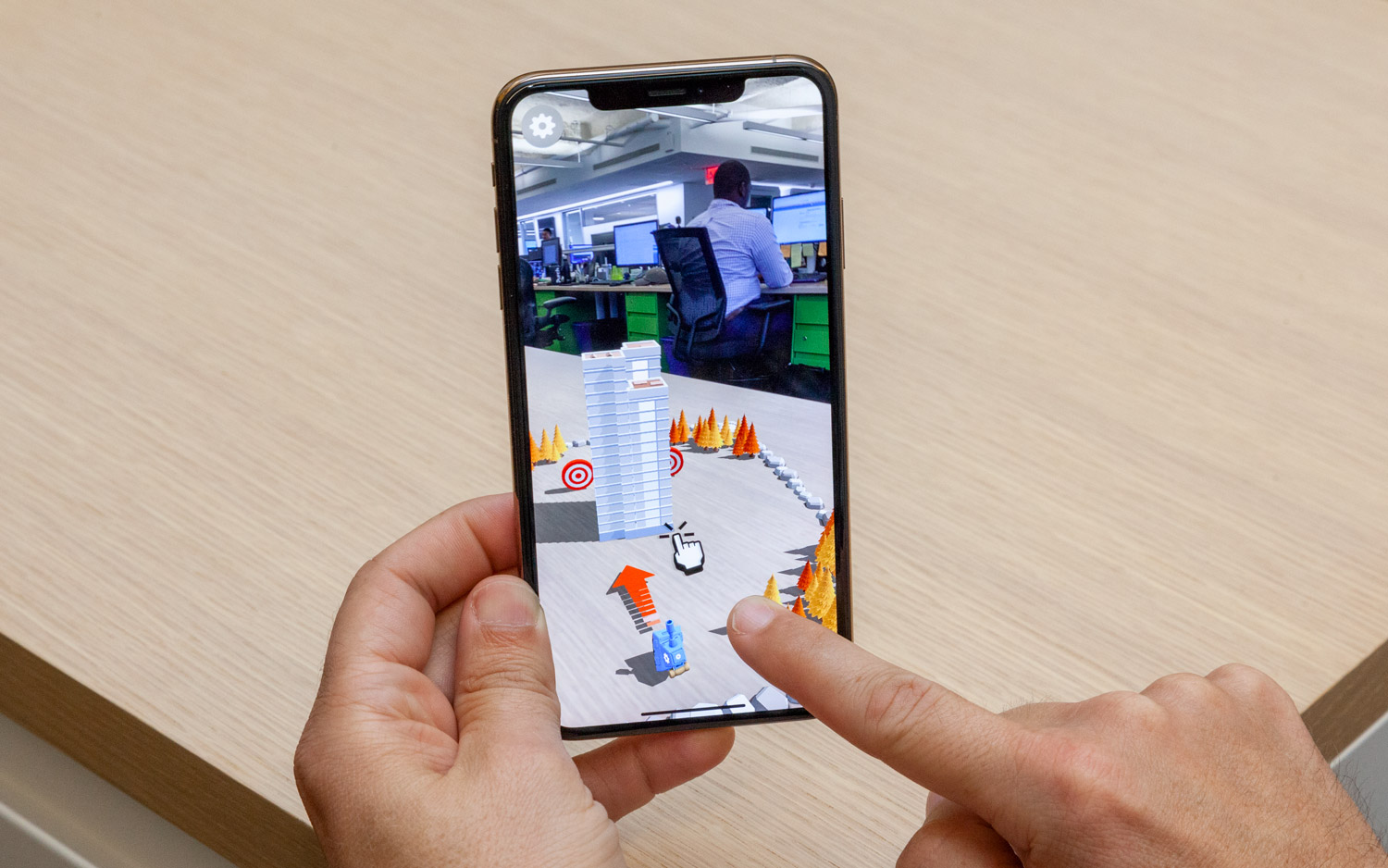
Apple may be hurt by its late arrival to 5G, but I wouldn't bet on it. The company was very late on Bluetooth and slow on Wi-Fi, but it nailed its introduction of both perfectly. After years of the industry fussing with mobile payments, Apple announced Apple Pay and nailed it — and all the company's competitors followed it and rebranded to match in short order.
MORE: 12 Best iOS Apps You're Not Using (But Should Be)
The same story keeps happening, and it's not a coincidence. Apple feels less pressure to integrate new tech before it's ready for prime time, and the company can add some special software sauce to upgrade the experience.
Displays are a weakness for Apple
Another one of Apple's business philosophies is that it hates to be dependent on other companies for technology that's core to its business. (Witness the mess in 5G, where Apple's legal disputes with Qualcomm mean that the iPhone can't adopt the technology until 2020. Is it any surprise that there are reports that Apple will soon build its own modem chips?)
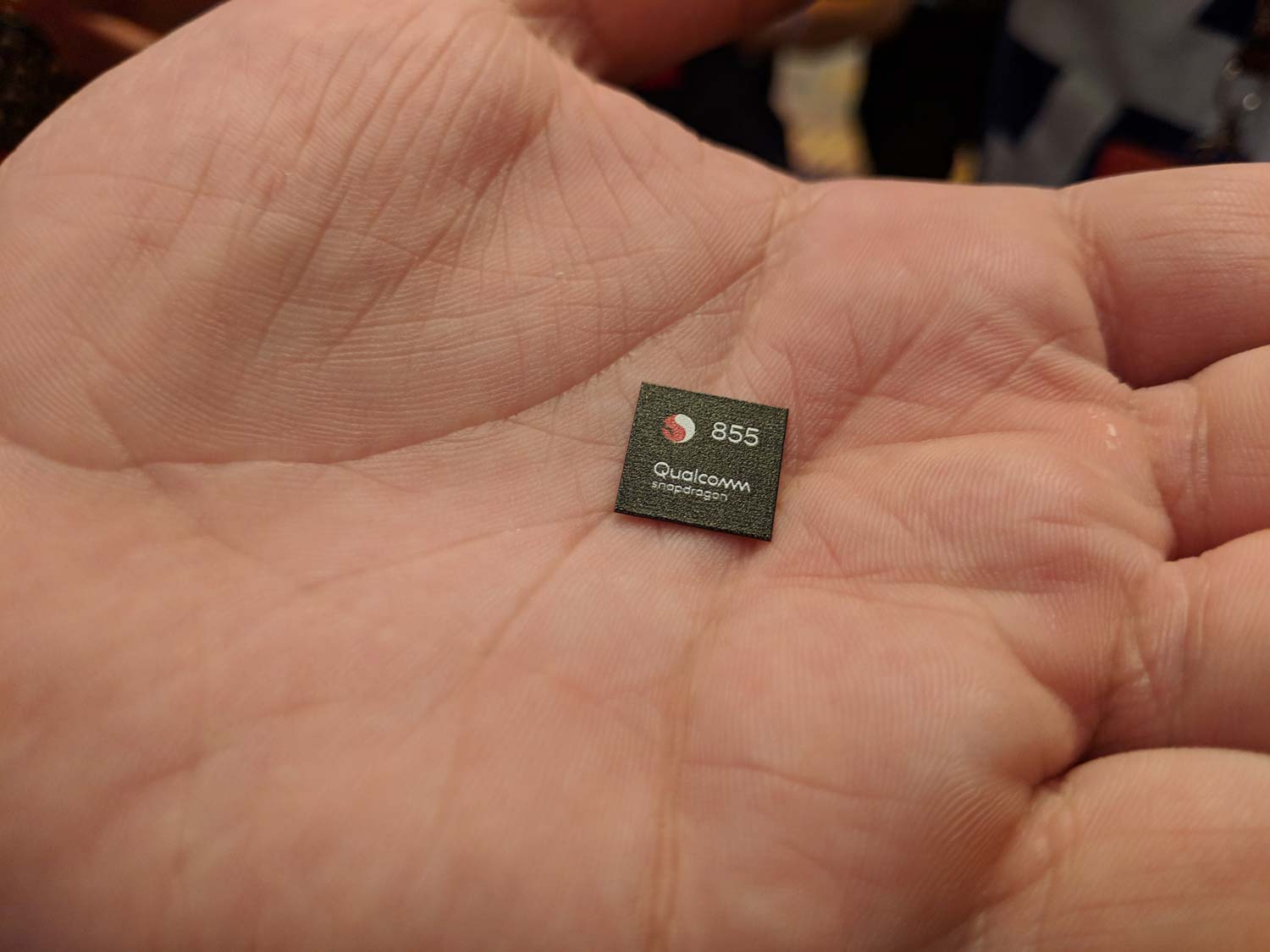
Traditionally, Apple products have stood out because the company designs both the hardware and the software. But perhaps the iPhone's greatest differentiator over its competition these days comes in its incredibly powerful processors, all of which are designed by Apple and exclusive to the iPhone.
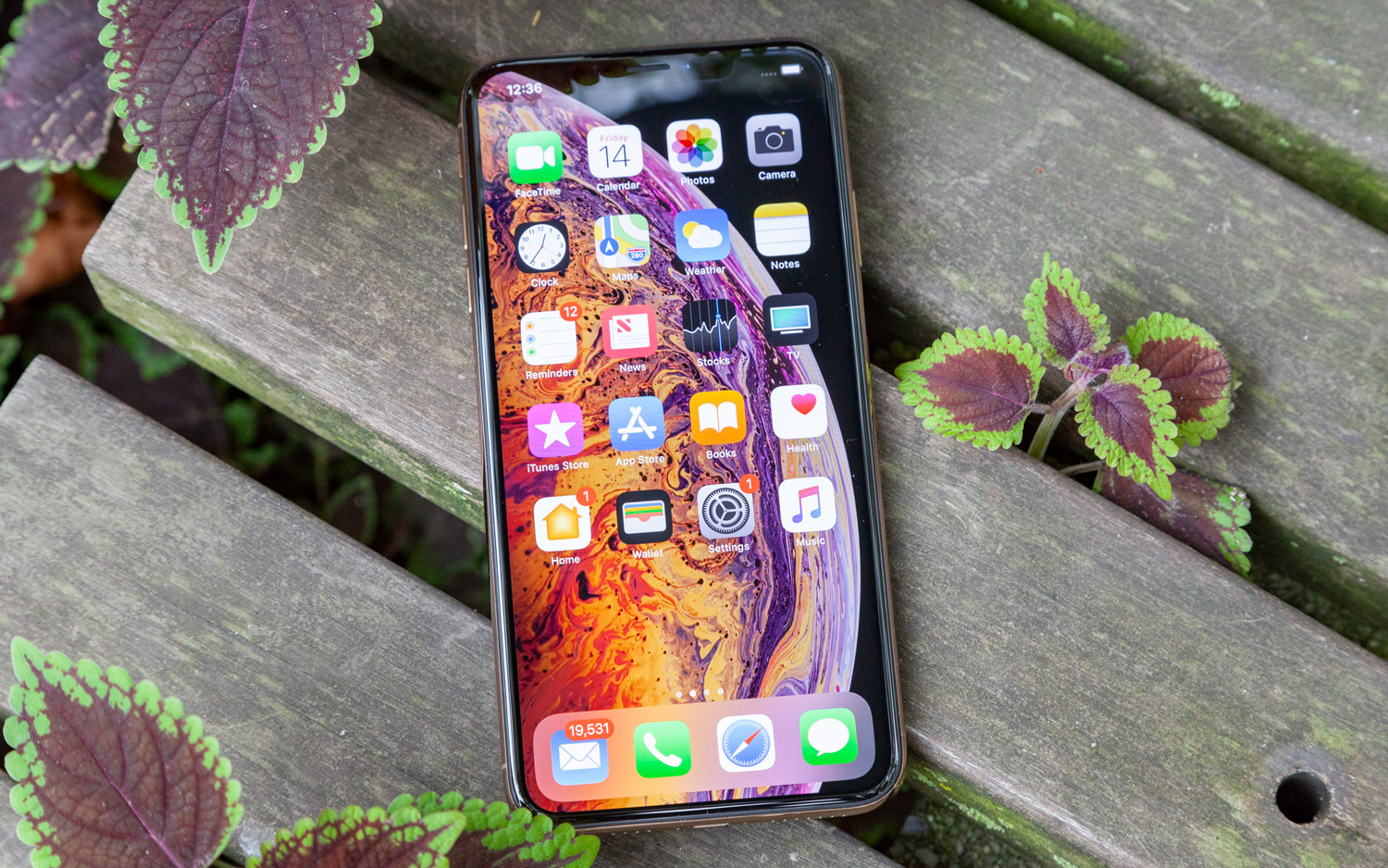
If Apple wants to build an iPhone with a folding display, it will be with existing tech from companies like Samsung.
For displays, though, Apple relies on third-party manufacturers. That may change — there are (unsurprisingly) reports that the company is researching its own MicroLED displays — but for now, Apple needs to use displays provided by partners. And that means that if Apple wants to build an iPhone with a folding display, the manufacturer will be using existing tech from companies like Samsung.
MORE: The Truth About 5G: What's Coming (and What's Not)
That's not a big deal in the grand scheme of things, but it does mean that it's unlikely that Apple will find an advantage over its competition in regard to the tech specs of its foldable display. Differentiation will need to come from someplace else.
The iPad advantage
The big advantage Apple has in foldable screens is that iOS has been, since 2010, a platform designed for both small-screen phones and large-screen tablets. The iPad is by far the most successful tablet line around, and iOS developers have done a good job adapting their iPhone apps to work at larger display sizes. This is a distinct advantage for iOS over Android, which has never excelled at tablet-scale apps.
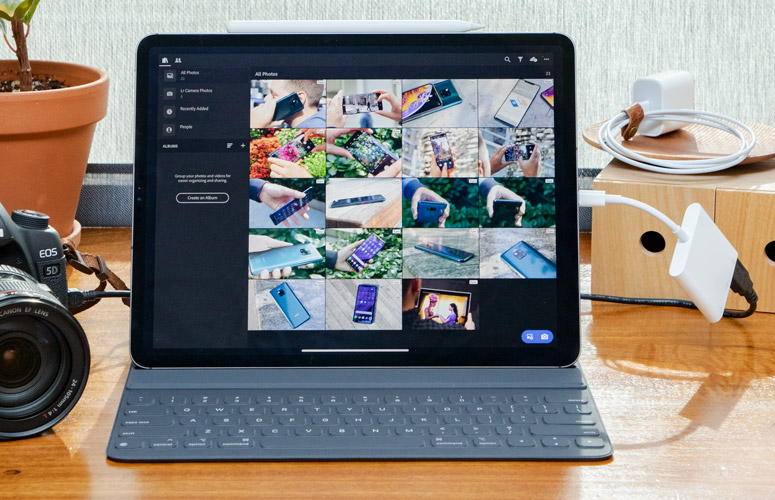
If Apple did build a foldable iPhone, it would probably be best to think of it as an iPhone that could expand to become a small iPad. Given the power of Apple's A-series processors and the increasingly sophisticated and PC-like features of the iPad, that could be a compelling product.
Going against the foldable grain
There's another possibility, and it arises from a long-standing Apple design philosophy. This is what I've taken to calling "Jobs' Law," the idea that every new iteration of an Apple product should strive to be thinner and lighter than the previous generation.
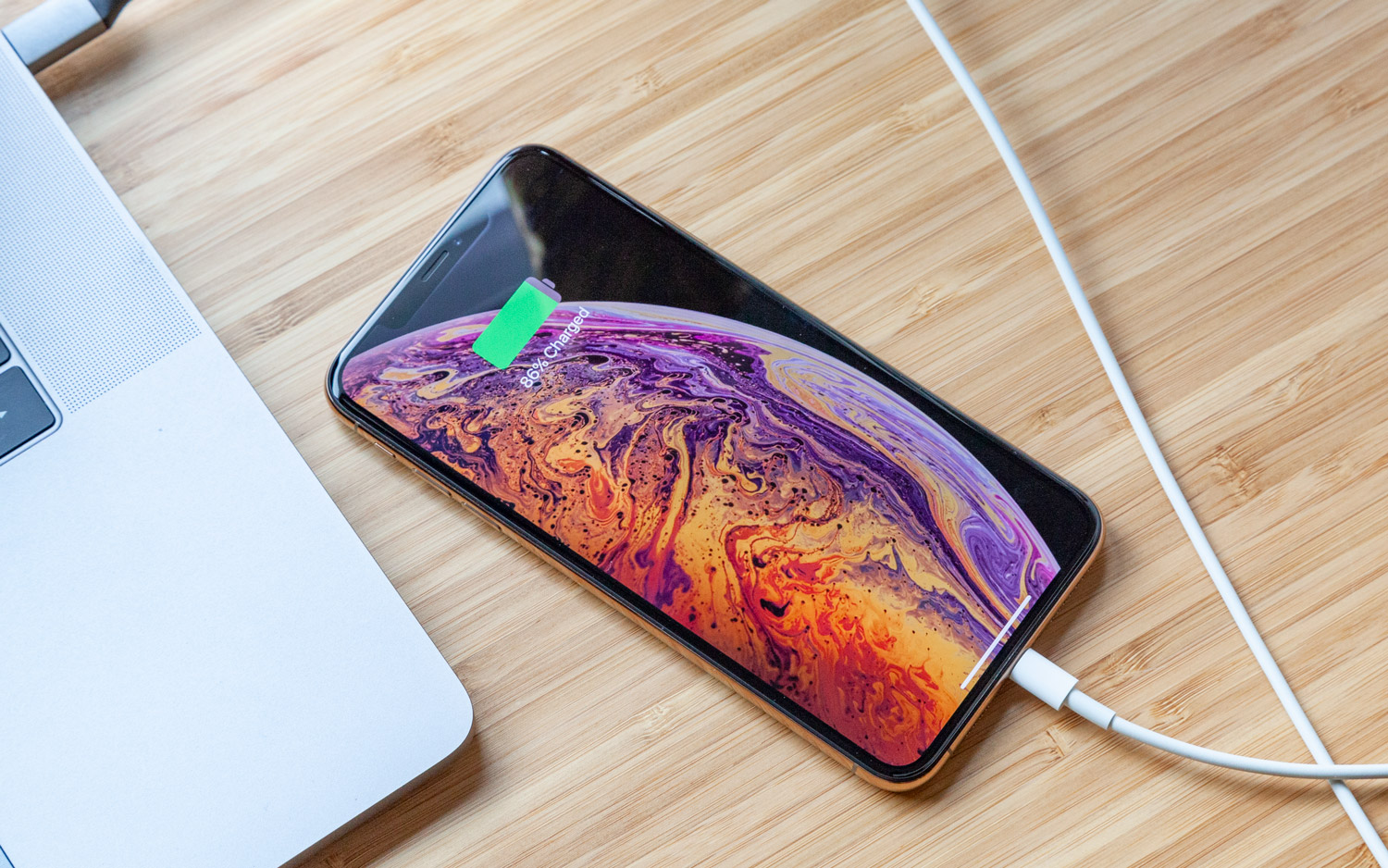
A foldable phone would seem to go against Jobs' Law, because that folding mechanism will presumably mean thicker phones, at least at the start. But I wonder if having a folding mechanism would enable Apple to design much smaller iPhones. While Apple has embraced large phones like the iPhone XR and the iPhone XS Max due to market pressures, I'm not entirely convinced that the company's heart is in it.
Maybe the future of the foldable iPhone is more like a Palm phone that flips out to become a phablet, not a phablet that becomes a tablet.
Sure, a foldable iPhone could be a giant phablet that folds out into a small iPad. But it could also be a small, iPhone SE-size model that flips open to provide iPhone XS Max-style real estate on demand. Maybe the future of the foldable iPhone is more like a Palm phone that flips out to become a phablet, not a phablet that becomes a tablet.
In any event, if Apple does embrace folding-screen tech, the company will do so a little later than you'd expect. And it will do something unexpected that will make every one of its competitors wonder why it didn't think of that. I don't have any inside information to back that prediction up, but that kind of thing just keeps happening with Apple. It seems pretty likely that it'll continue happening.
Credit: Tom's Guide
Jason Snell was lead editor of Macworld for more than a decade and still contributes a weekly column there. He's currently running the Six Colors blog, which covers all of Apple's doings, and he's the creative force behind The Incomparable, a weekly pop culture podcast and network of related shows.
-
rahxephon83 Even though I think Apple products are terrible, I would consider buying/using them if they weren't so ridiculously priced.?Reply -
aru.kagaya The recent slump in iPhone sales shows that consumers are recognizing that Apple has a poor and worsening performance to cost ratio. My Huawei phone does everything my son's iPhone does at one-third the cost.Reply -
Sn34kyF0x And I'm sure the 100 people still buying iPhones when this thing finally drops will agree with you. Apple can make a nice product but it won't matter if no one has faith in the company.Reply -
John Molina The latest article from Forbes entitled "The End of Apple" may be predicting quite the opposite of winning.Reply
 Club Benefits
Club Benefits





